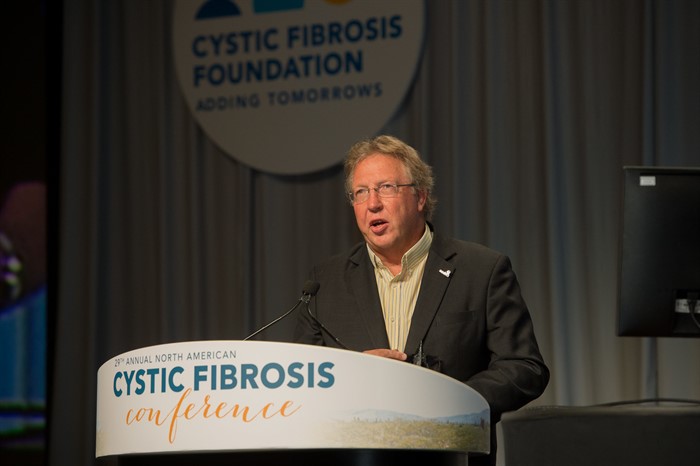Through local, national and international collaborations, the team will accelerate innovation in child respiratory health and translation of these discoveries into clinical practice and policy.
A major area of focus for the team is Cystic Fibrosis (CF), the most common chronic, life-shortening genetic condition affecting Australians. Our team leads the Australian Respiratory Early Surveillance Team for Cystic Fibrosis (AREST CF), a collaborative group of over 30 doctors, allied health professionals and researchers dedicated to improving the respiratory health of children with CF by translating scientific research into tangible clinical outcomes. Research by our group and others has shown that infants and children with CF exhibit reduced lung function and evidence of inflammation and infection at a very early age. This highlights the need for new treatments that can be given from time of diagnosis to prevent and/or reverse the damage.
Learn more about the AREST team here.
Team leader

MD, PhD
Head, AIR Health Team
Advancing Innovation in Respiratory Health projects
Featured projects
SYNERGY CF: Getting the best start to life - preventing early cystic fibrosis lung disease by solving the host-inflammation infection conundrum
Cystic fibrosis related progressive lung disease characterised by inflammation and infection commences soon after birth.
SHIP CT: A Phase 3 randomised, double-blind, controlled trial of inhaled 7% hypertonic saline versus 0.9% isotonic saline for 48 weeks in patients with Cystic Fibrosis at 3-6 years of age in parallel with the North American SHIP clinical trial.
SHIP-CT, led by Professor Stephen Stick, Director of the Wal-yan Respiratory Research Centre at The Kids, is a unique study in preschool-aged children (from 3-6 years of age) with CF using images of the lung from chest CT scans as the main outcome measure.
Other projects
AREST CF Early Surveillance Program BANK CF: The Respiratory Centre BIOBANK COMBAT CF: A phase 3 multi-centre randomized placebo-controlled study of azithromycin in the primary prevention of radiologically-defined bronchiectasis in infants with cystic fibrosis. Cystic Fibrosis Early Surveillance Program

